Top 4 Things to Know Before Buying a Home Hydroponic Garden
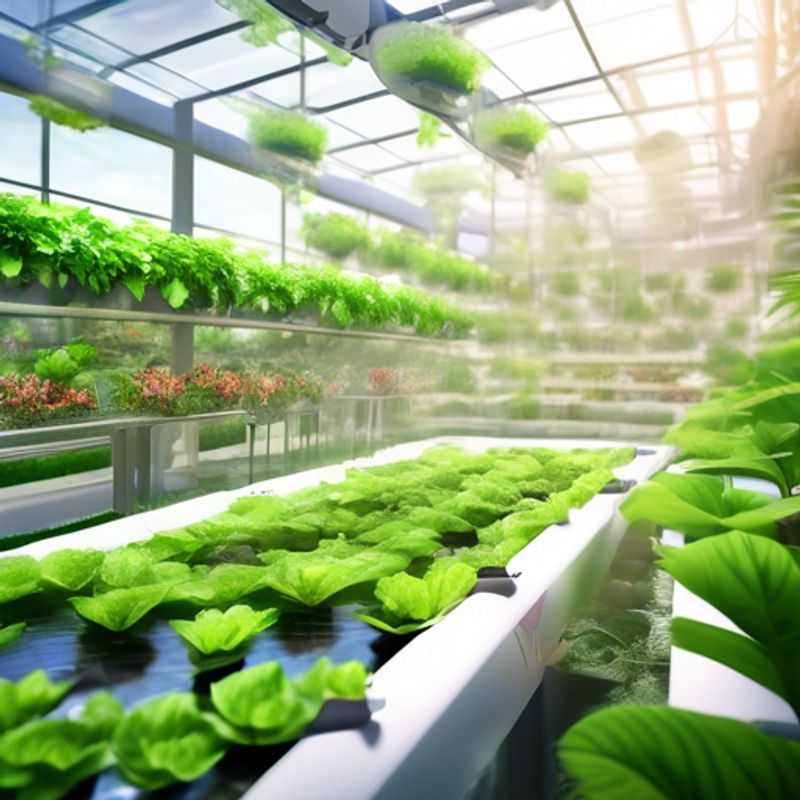
Top 4 Must-Knows Before You Dive into Home Hydroponics: Systems, Space, Equipment, and Care
Ah, the allure of a home hydroponic garden!
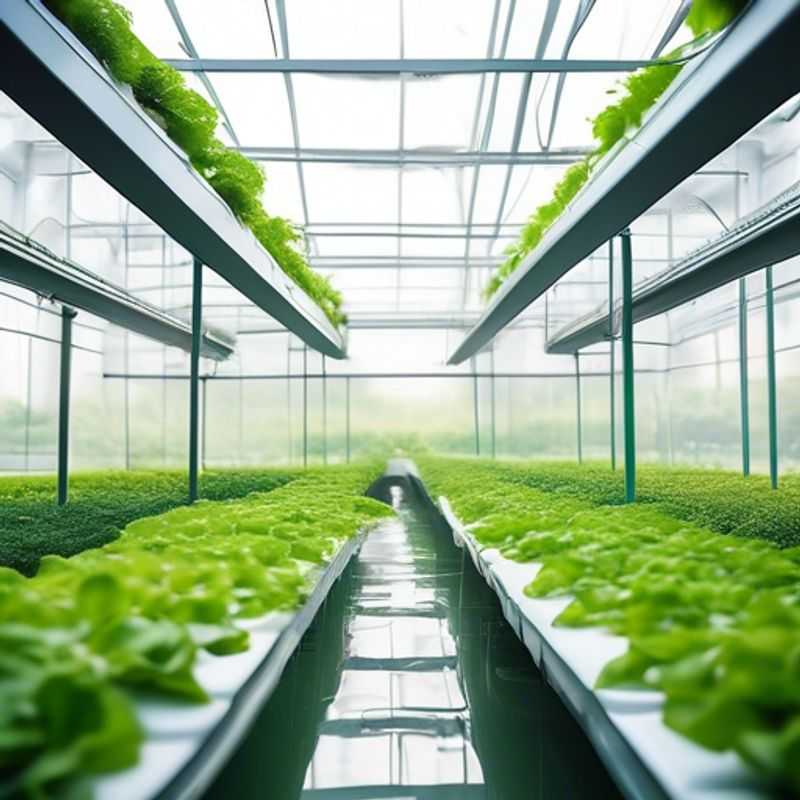
Hydroponic Systems Demystified: Choosing the Right Fit for Your Green Thumb
Hydroponics is a method of growing plants without soil, using nutrient-rich water solutions. It offers several advantages, including controlled environment, efficient water usage, and higher yields. There are different types of hydroponic systems, each with its own strengths and weaknesses.
Deep Water Culture (DWC): This system is simple and affordable. Plants are suspended in oxygenated nutrient solution. DWC is ideal for beginners due to its ease of setup and maintenance. However, it can be susceptible to root rot if not properly managed.
Nutrient Film Technique (NFT): In this system, a thin film of nutrient solution constantly flows over the plant roots. NFT offers excellent oxygenation and efficient nutrient uptake. It's suitable for both beginners and experienced growers. However, it requires more precision in managing nutrient levels.
Ebb and Flow (Flood and Drain): This system periodically floods the grow bed with nutrient solution and then drains it. Ebb and flow systems are relatively easy to set up and maintain. They are suitable for a wide range of plants but require careful monitoring of nutrient levels and water quality.
Drip Irrigation: Nutrient solution is delivered directly to the root zone through a drip system. Drip irrigation systems are highly efficient in water and nutrient use. They are ideal for large-scale operations but can be more expensive to set up.
Aeroponics: This system involves suspending plant roots in the air, spraying them with a nutrient-rich mist. Aeroponics offers the fastest growth rates due to enhanced oxygenation. However, it requires a more complex setup and precise environmental control.
When choosing a hydroponic system, consider factors such as your budget, available space, experience level, and the types of plants you want to grow. Research each system thoroughly to determine the one that best suits your needs and preferences. Remember to prioritize safety and proper setup to avoid potential issues.
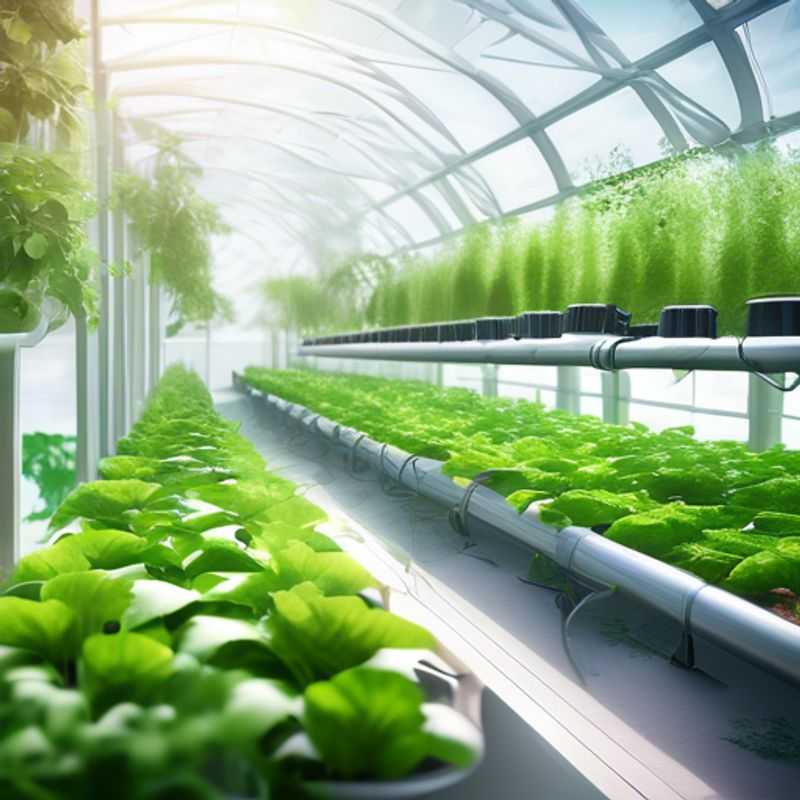
Hydroponic Gardening: Planning for Space and Growth
Hydroponic gardening offers a fantastic way to grow your own food, even if you lack a traditional garden space. But before diving in, it's essential to research the space requirements for your setup.
Firstly, determine the size and scale of your hydroponic garden. Do you envision a small countertop system or a more extensive setup? Consider the types of plants you want to grow, as different vegetables and herbs have varying space needs.
Measure the available space in your home, balcony, or chosen location. Account for the footprint of your chosen hydroponic system, including any necessary lighting, pumps, and reservoirs.
Ensure there is adequate ventilation to prevent humidity buildup. Adequate access to power outlets is essential for operating pumps, lights, and other equipment.
Think about the accessibility of your chosen location. Can you easily reach the plants for maintenance and harvesting? Do you need to move them around for optimal sunlight?
Research different hydroponic systems, including their sizes, capabilities, and space requirements. Read reviews and compare prices to find a system that fits your needs and budget.
Invest in a quality system that provides adequate space for your chosen plants and promotes healthy growth. Plan for future expansion if you anticipate increasing the size of your hydroponic garden.
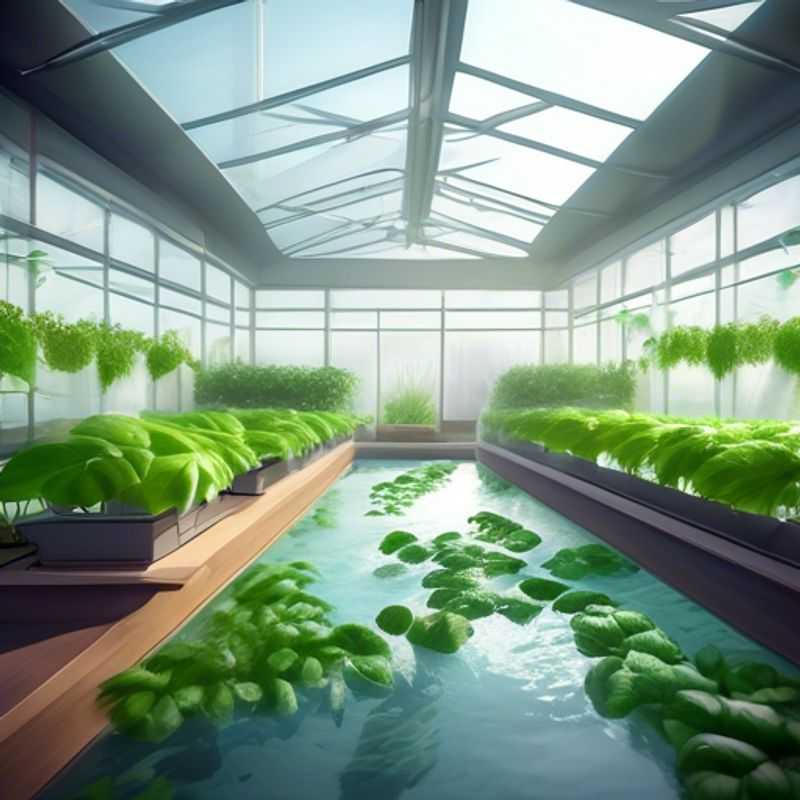
Essential Equipment for a Thriving Indoor Garden: Lights, Pumps, and More
Setting up an indoor grow operation requires familiarizing yourself with essential equipment. Grow lights are crucial for providing the necessary light spectrum and intensity for plant growth. Pumps are needed to circulate nutrient solutions and ensure consistent water delivery to your plants. Nutrient solutions, which contain essential macro and micronutrients, are vital for optimal plant development. These solutions typically come in liquid form and can be purchased pre-mixed or customized according to plant needs. You can purchase various types of grow lights, ranging from simple fluorescent bulbs to more advanced LED fixtures. Different pumps are available, with choices depending on the size and type of grow operation. You will need to select a nutrient solution based on the specific plants you're growing.
Investing in these key pieces of equipment can significantly impact the success of your indoor grow operation. Research your options carefully, considering factors like budget, space constraints, and plant requirements. Cost can vary widely for grow lights, pumps, and nutrient solutions. Be sure to research different brands, models, and options to find the best fit for your needs. Overall, investing in quality equipment can lead to healthier plants, higher yields, and a more efficient growing experience.
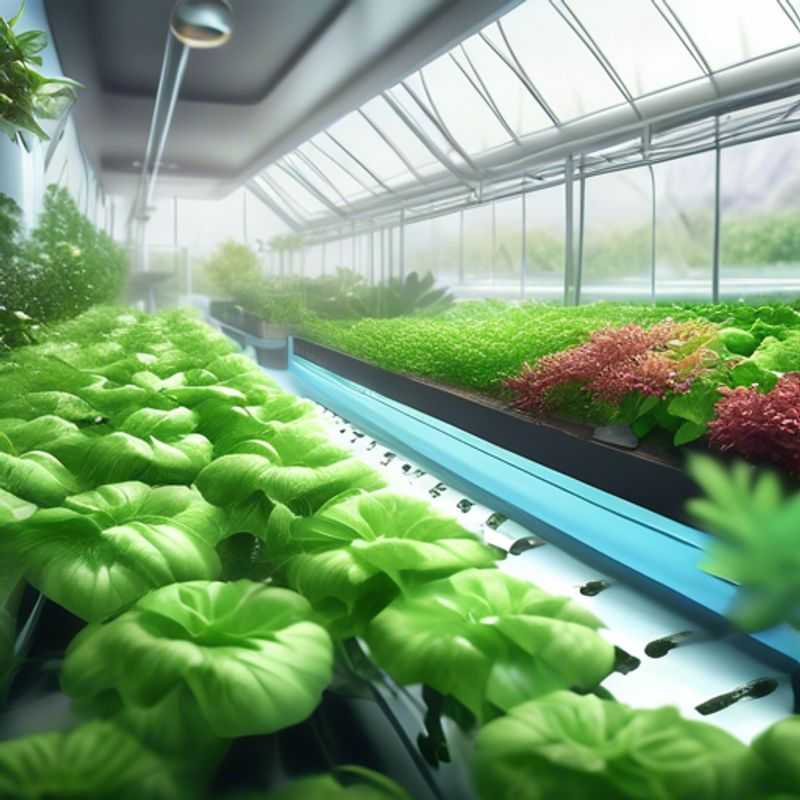
Hydroponic Gardening: Mastering the Art of Plant Care
Hydroponics, the art of growing plants without soil, offers a unique and efficient way to cultivate your favorite greenery. While it deviates from traditional gardening methods, it necessitates specific care and maintenance to ensure your plants thrive. Let's dive into some essential aspects to keep your hydroponic garden flourishing.
Nutrient Solution: The heart of hydroponics lies in the nutrient solution. It's crucial to provide a precise blend of essential nutrients to cater to the plant's specific needs. Regular testing of the solution's pH and nutrient levels is vital. Adjustments may be needed based on the plant's growth stage and type. Regularly monitor and adjust the nutrient solution for optimal plant health.
Water Quality: The quality of water used in hydroponics directly impacts plant health. Clean, filtered water is essential. Impurities and contaminants can hinder root development and lead to nutrient imbalances.
Lighting: Hydroponic systems rely on artificial lighting to replicate the sun's energy. Choose grow lights with the right spectrum and intensity for your plants' specific needs. Proper lighting is crucial for photosynthesis.
Oxygenation: Roots need oxygen to thrive. Ensure adequate aeration within the hydroponic system. Regularly check the oxygen levels and consider using an air pump.
pH Control: Maintaining the optimal pH range for your plants is essential. Invest in a pH meter to monitor and adjust the pH levels as needed.
Cleaning and Maintenance: Regularly clean your hydroponic system to prevent algae growth and mineral buildup. Remove any debris or dead plant material.
Pest Control: While hydroponics offers a degree of protection from soil-borne pests, it's not entirely pest-free. Monitor for signs of infestation and take appropriate measures. Be proactive in pest control.
Hydroponic gardening, while demanding in its initial setup and maintenance, offers numerous benefits: space efficiency, water conservation, and potential for year-round cultivation. Remember, careful monitoring and adjustments are key to achieving successful results. Enjoy the rewards of your green thumb in the world of hydroponics!
